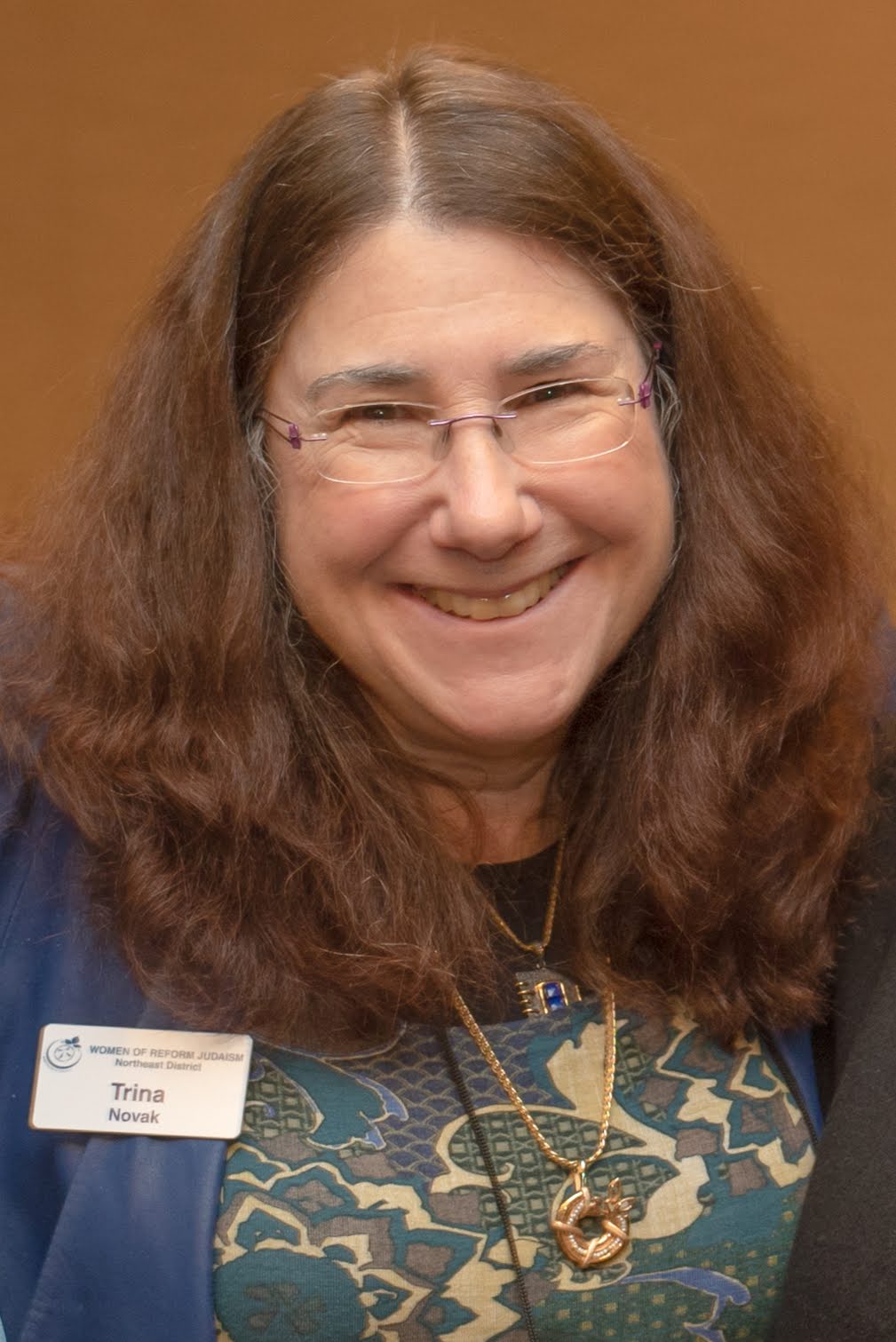Parashat Mikeitz describes Joseph’s rise from a lowly prisoner to second in command in Egypt. He has spent two years in an Egyptian prison, but during this time God has been with Joseph, and he matures as he recognizes that his ability of dream interpretation is a gift from God. When Pharaoh has his double dream of seven fat cows consumed by seven emaciated cows followed by seven ears of healthy grain replaced by seven ears of scorched grain, the chief cup bearer remembers Joseph and his gift. Joseph is summoned, cleaned up to look like a respectable Egyptian, and humbly stands before Pharaoh to not only correctly interpret the dreams, but also to put forward a plan of action as to how to save Egypt and the surrounding area from starvation. Pharaoh, recognizing that Joseph has been blessed by God, puts him in charge of collecting, storing, and eventually rationing food.
During the seven years of plenty Joseph is married to Asenath, the daughter of an Egyptian priest. She bears Joseph two sons, Manasseh (for God has made me forget all the troubles I endured in my father’s house), and Ephraim (for God has made me fruitful in the land of my affliction). It seems that Joseph has moved on in his life, from being Jacob’s favored son who was resented by his brothers, to lowly servant and prisoner, to becoming a gifted and productive individual in society. Asenath, who is not a Hebrew, becomes the mother of two Hebrew tribes, named for her sons, who embraced the morals and ethics of their father’s heritage while being raised in a foreign society. They were the first brothers descended from Abraham and Sarah who could live together without fighting, stealing birthrights from each other, or causing each other harm through resentment.
When the seven years of famine come to pass, Joseph is confronted by his past when his brothers show up to purchase grain. He recognizes them, but they do not recognize him. He puts them to the test – has anything changed in his family of origin? Would it be possible for the brothers to reestablish their family ties, but without repeating the painful familial patterns from their past? The parashat leaves us guessing at the answer to this question. We have hints – the brothers present themselves as a family unit, and Judah steps up to take responsibility for his youngest brother, Benjamin. Many commentators credit Judah’s encounter with Tamar as an “eye opening” experience that has contributed to his personal growth. Joseph weeps several times as he tests his brothers, which can be considered a way to cleanse body and soul.
As an only child, I have been a sporadic observer of sibling rivalry. I have attempted to embrace the positive aspects of familial relationships through my adopted sisters. Over the years, I have had the fortune to be connected to other women through involvement in WRJ. My WRJ sisters have become the sisters of my heart, connected through dedicated like-mindedness, through the sharing of work towards a greater goal, and through sharing the intimacy of joys and sorrows. I encourage all of you to revitalize your soul sparks though attending WRJ events, such as the Fried Leadership Conference, district area events, and district conventions. Join Yammer and remain connected to and inspired by your sisters. Take advantage of our WRJ resources, replicate one of our Or Ami programs, and stay actively engaged with WRJ’s advocacy work through our WRJ Women Act Resource Center.
Parashat Mikeitz is read during or near the holiday of Chanukah, when a band of brothers, who were united in a cause, was able to reclaim and rededicate the Temple as a holy sanctuary. At the darkest time of the year we kindle lights to bring hope and blessing to the world. Just as Joseph discovered his God given gifts, we women bring our gifts and sparks of light together to make the mission of WRJ that much stronger.
Trina Novak is a Women of Reform Judaism (WRJ) Board member, and is the First Vice President of WRJ Northeast District. She is a past sisterhood president and member of the Sisterhood of Temple Beth Shalom in Needham, MA. On occasion, she can be seen dancing on the streets with her other women’s group, Muddy River Morris.
Related Posts

Parashat Yom Rishon shel Rosh HaShanah

Cultivating a Culture of Accountability and Belonging


